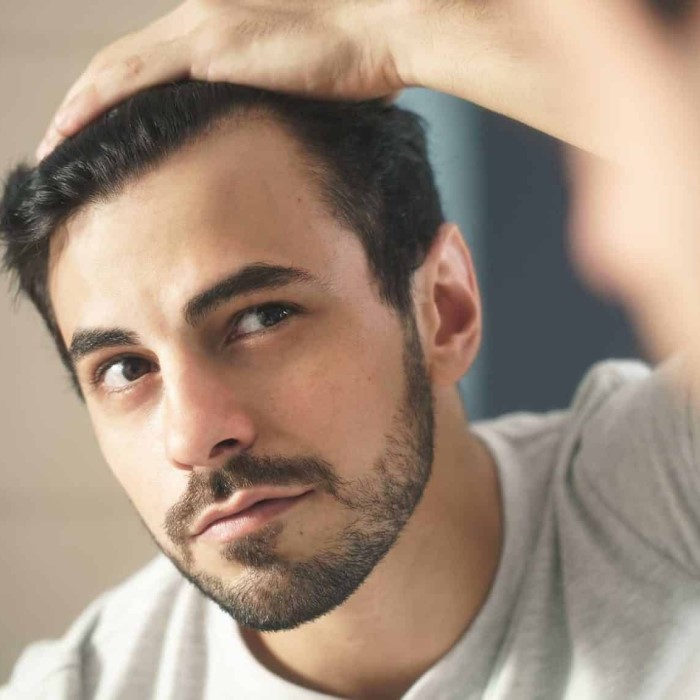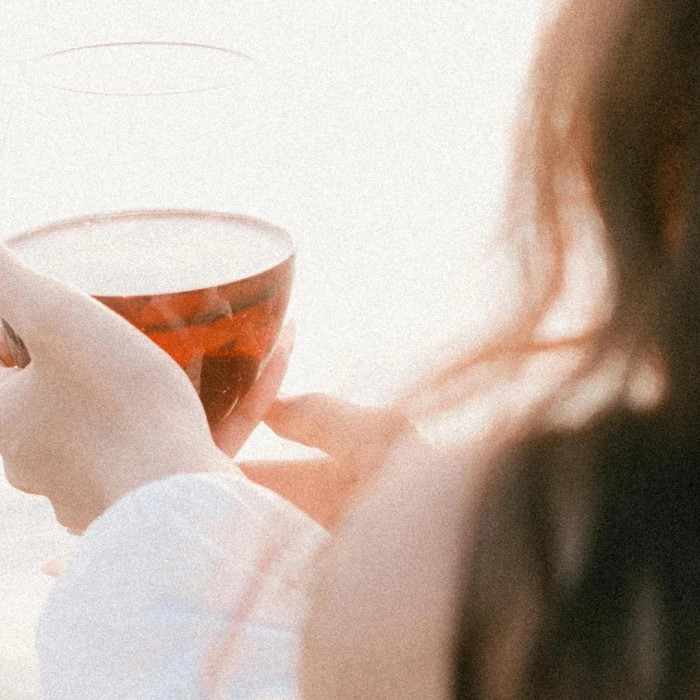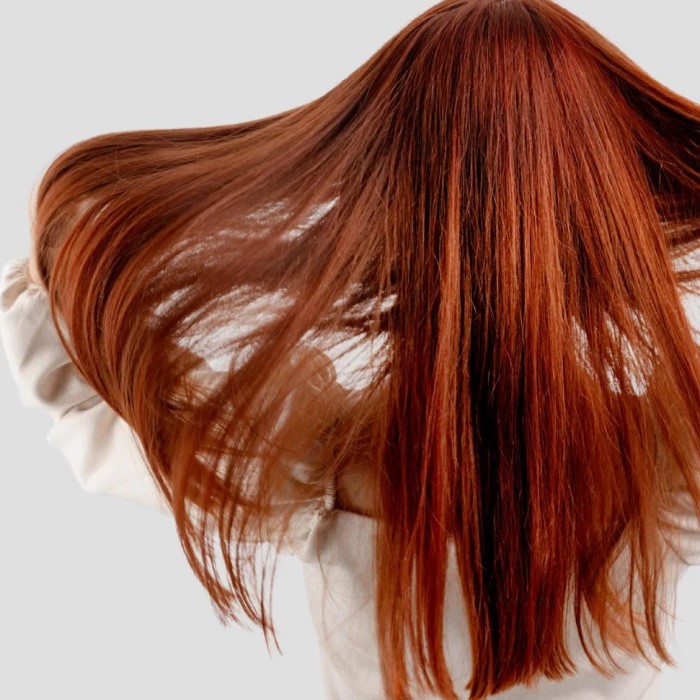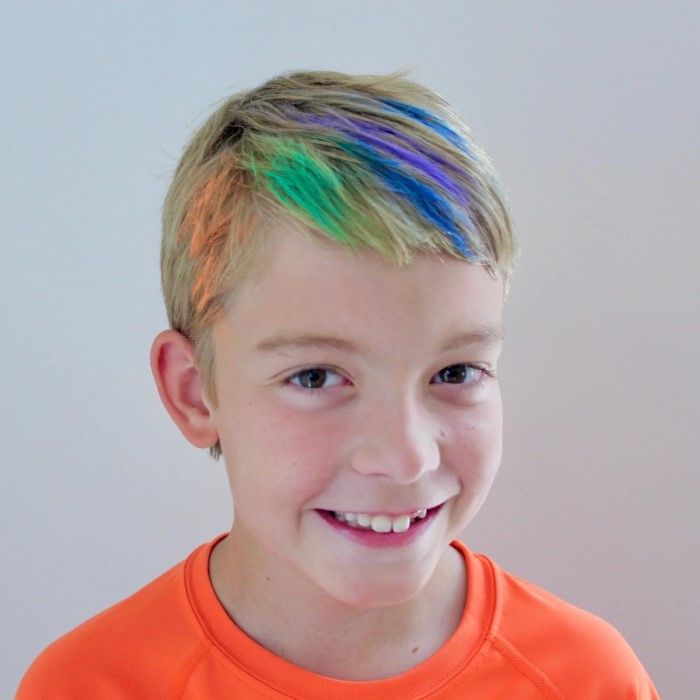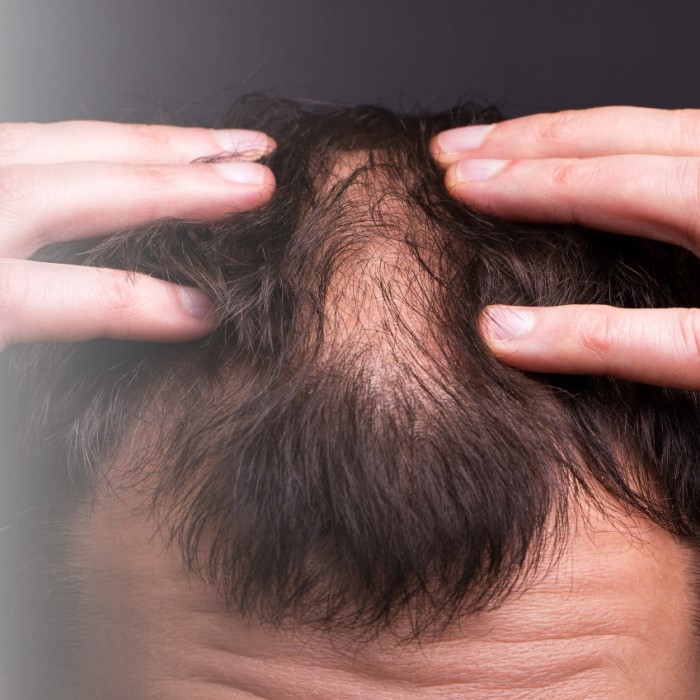
Does Alcohol Cause Hair Loss? Your Guide to Healthy Living
The question of whether alcohol causes hair loss is one that many individuals ponder, especially those concerned about their overall health and well-being. While it’s widely known that excessive alcohol consumption can lead to various health problems, the connection to hair loss is often overlooked. Does alcohol cause hair loss? In this comprehensive guide, we will explore the effects of alcohol on hair health, the mechanisms involved, and the best practices for maintaining luscious locks.
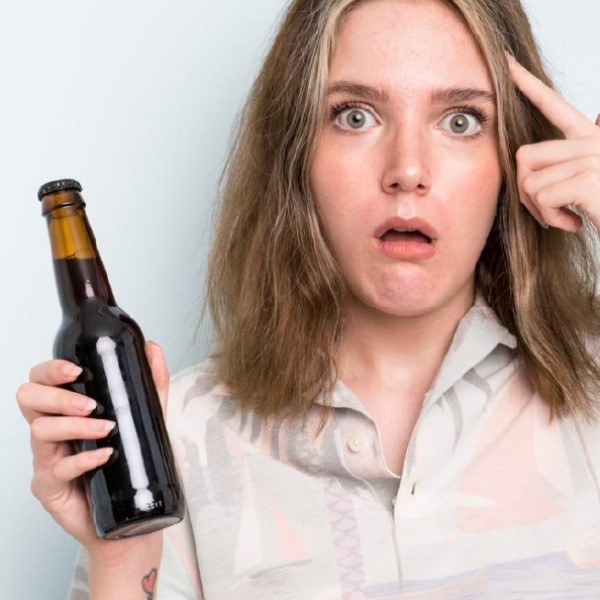
Understanding Hair Loss
Before diving into the effects of alcohol on hair, it’s essential to understand the fundamentals of hair loss. Hair loss can result from several factors, including genetics, hormonal changes, nutritional deficiencies, stress, and certain medical conditions. Lifestyle choices, such as alcohol consumption, may also significantly contribute.
Types of Hair Loss
- Androgenetic Alopecia: Commonly known as male or female pattern baldness, this genetic condition leads to gradual hair thinning and loss. It affects millions of people and is one of the most common forms of hair loss.
- Telogen Effluvium: This temporary hair loss occurs when there is a significant change in the body, such as stress or hormonal changes, which can push hair follicles into the shedding phase. This condition often occurs months after a triggering event, such as a major illness or life stressor.
- Alopecia Areata: An autoimmune condition where hair falls out in patches, resulting in unpredictable hair loss. In some cases, the hair may grow back, only to fall out again later.
By understanding these types of hair loss, we can better recognize how lifestyle choices, including alcohol consumption, may contribute to individual experiences.
The Impact of Alcohol on Hair Health
Several studies suggest that heavy alcohol consumption can negatively affect hair health in multiple ways. One key area of concern is the effect of alcohol on nutritional intake. When individuals consume large amounts of alcohol, they may neglect a balanced diet, leading to nutritional deficiencies that adversely affect hair growth.
Nutritional Deficiencies
- Vitamin Deficiencies: Alcohol can deplete essential vitamins such as B vitamins, which are crucial for healthy hair growth and maintenance. B vitamins, especially biotin and niacin, are vital for the metabolic processes that support hair follicle health.
- Mineral Deficiencies: Essential minerals like zinc and iron may also be lacking in individuals who drink excessively. Zinc is particularly important for hair tissue growth, while iron deficiency can lead to hair shedding by disrupting the hair growth cycle.
When nutrient levels drop due to excessive alcohol consumption, hair growth can be stunted, leading to thinning or loss. Thus, the connection between alcohol consumption and hair loss may lie in its impact on overall nutrition.
Alcohol and Hormonal Changes
In addition to nutritional impacts, alcohol can also affect hormone levels in the body. The balance of hormones plays a crucial role in hair growth cycles, and significant changes in hormone levels may lead to hair loss.
- Estrogen Levels: Alcohol consumption can lead to fluctuations in estrogen levels, which can impact hair growth. Higher estrogen levels are typically associated with healthier hair growth, while lower levels can lead to increased shedding.
- Testosterone Levels: High alcohol consumption can increase testosterone levels. This shift may lead to an imbalance that stimulates hair loss in some individuals. For example, elevated testosterone in women may convert to dihydrotestosterone (DHT), a hormone linked to hair loss.
The impact of alcohol on hormonal balance is significant in understanding its potential role in hair loss.
Does Alcohol Cause Hair Loss? The Evidence
Does alcohol cause hair loss? The scientific community has yet to reach a consensus on whether alcohol directly causes hair loss. However, existing literature highlights several correlations that cannot be ignored.
- Increased Stress Levels: Alcohol is often used as a coping mechanism for stress. However, increased stress levels can exacerbate hair loss conditions like telogen effluvium. Chronic stress leads to hormonal imbalances that trickle down to hair health.
- Chronic Health Problems: Long-term alcohol consumption can lead to various health conditions, such as liver disease, which can alter metabolic processes and hormone production. These chronic conditions can significantly contribute to hair loss over time.
While more research is needed to determine a direct causal relationship, multiple contributing factors indicate that alcohol consumption may negatively impact hair health throughout a person’s lifetime.
Maintaining Healthy Hair While Drinking Alcohol
If you enjoy an occasional drink, you can still maintain healthy hair without cutting out alcohol entirely. Here are some practical tips to consider:
Moderation is Key
- Limit Alcohol Intake: It’s essential to limit alcohol consumption to moderate levels to maintain optimal health. Overindulgence can lead to a variety of health issues, including those affecting hair growth.
- Guideline Recommendations: According to the Dietary Guidelines for Americans, women should consume no more than one alcoholic drink per day, while men should limit their intake to two drinks per day. Following these guidelines can help individuals strike a balance between enjoying alcohol and supporting overall well-being.
- Impact of Excessive Drinking: Practicing moderation not only minimizes the risk of negative health effects like liver disease or cardiovascular problems, but it also plays a significant role in hair health. Excessive alcohol consumption can lead to hormonal imbalances and nutrient deficiencies, both of which can contribute to hair loss.
Stay Hydrated
- Understanding Dehydration: Alcohol is a diuretic, which means it increases the production of urine, potentially leading to dehydration. Dehydration negatively affects various bodily functions, including hair health.
- Water Intake: To combat the dehydrating effects of alcohol, it is crucial to drink plenty of water. Aim to consume at least one glass of water for every alcoholic beverage you drink. This practice helps maintain hydration levels in the body and scalp.
- Benefits of Hydration: Staying properly hydrated supports healthy hair follicles, promotes scalp health, and can enhance hair growth. Hydration also helps improve skin health, which can reflect positively on the scalp and hair condition.
Balanced Diet
- Importance of Nutrients: Consuming a well-balanced diet that is rich in essential vitamins and minerals is vital for maintaining hair health. Nutritional deficiencies can lead to poor hair growth and increased shedding.
- Key Food Groups: Incorporate more leafy greens, nuts, seeds, and fatty fish into your regular meals. Leafy greens provide vital vitamins A and C, nuts and seeds are excellent sources of vitamin E and omega-3 fatty acids, and fatty fish supply high-quality protein and essential fatty acids.
- Consider Supplements: If your diet lacks certain nutrients, consider taking hair-boosting supplements such as biotin, zinc, or omega-3 fish oil. However, it’s crucial to always consult with a healthcare professional before starting any new supplements to ensure they are appropriate for your specific needs.
Regular Exercise
- Physical Activity: Engaging in regular physical activity is not only beneficial for overall health but also supports hair growth. Exercise facilitates increased blood circulation throughout the body, including the scalp.
- Enhanced Circulation: Improved blood flow to the scalp provides hair follicles with essential nutrients and oxygen, which are vital for healthy hair growth. This nourishment encourages stronger and thicker hair.
- Stress Reduction: Regularly exercising can significantly reduce stress levels. Less stress can mitigate hair loss conditions, such as telogen effluvium, which are often triggered or exacerbated by high-stress situations. Thus, maintaining an active lifestyle can contribute both physically and mentally to better hair health.
By following these guidelines, you may mitigate some of the potential negative effects of alcohol on your hair while still enjoying a drink from time to time.
FAQ: Common Questions About Alcohol and Hair Loss
Will my hair grow back if I stop drinking alcohol?
In many cases, if you reduce or stop alcohol consumption, your body may recover. Nutrient levels can stabilize, and hair growth may resume over time. However, the timeline varies for each individual depending on factors such as the length and extent of alcohol use and overall health.
Can drinking alcohol cause hair thinning?
Research suggests that excessive alcohol consumption can contribute to hair thinning. Nutritional deficiencies resulting from heavy drinking and hormonal imbalances are key factors that may exacerbate hair loss. Moderation is essential for minimizing risk.
What drinks are linked to hair loss?
While no specific drink is directly linked to hair loss, excessive consumption of alcoholic beverages, particularly those high in sugar and empty calories, can negatively impact overall health, including hair growth. Excessive sugary drinks can also lead to weight gain and hormonal changes that can affect hair.
Conclusion: Understanding the Connection Between Alcohol and Hair Loss
Ultimately, the question of does alcohol cause hair loss is intricate and multifaceted. While there is currently insufficient evidence to conclude that alcohol directly causes hair loss, excessive consumption poses various risks that may contribute to poor hair health over time.
By understanding the relationship between alcohol use, nutritional deficiencies, and hormonal changes, individuals can make informed choices about their drinking habits and take proactive steps to protect their hair. Prioritizing moderation, hydration, and a balanced diet can significantly impact hair health, allowing you to enjoy a healthy lifestyle while minimizing potential risks associated with alcohol use.
As we continue to explore the connections between lifestyle choices and health, remaining vigilant about our habits can lead to better overall wellness and, ultimately, healthier hair. Embracing healthier practices while being mindful of how alcohol affects your body can foster both robust hair and a fulfilling lifestyle.
